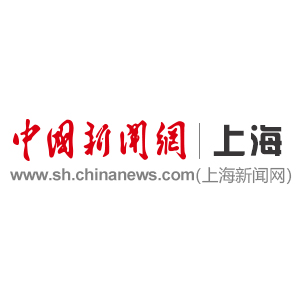Fudan University disclosed on the 26th that at the Second Yangtze River Delta Public Management Annual Conference held by the university, it was pointed out that how to build a governance system and model compatible with the development of new quality productive forces has become an important topic in public management research and practice.
At present, the new round of technological revolution and industrial transformation continues to deepen, which not only injects strong momentum into the development of new quality productive forces but also brings more urgent requirements of the times. The Yangtze River Delta Public Management Annual Conference is an annual academic event aimed at gathering theoretical and practical workers in the field of public management from the three provinces and one city of the Yangtze River Delta, solidly constructing China’s independent knowledge system of public management, giving full play to the role of advisory consultation, and promoting the modernization of the national governance system and governance capacity.
This year’s annual conference, with the theme of “New Quality Productive Forces and Public Management Innovation,” brought together nearly 200 experts and scholars from universities, research institutes, government departments, and practical fields across the country.
It was pointed out that institutional innovation should safeguard the development of new quality productive forces; governance innovation should promote higher-quality integrated development of the Yangtze River Delta; and conceptual innovation should lead the modernization of megacity governance.
It was stated that the Yangtze River Delta region is one of the most economically dynamic, open, and innovative regions in China. Promoting the high-quality integrated development of the Yangtze River Delta requires exploring the establishment of a high-level public governance system and a modernization path for governance capacity that is compatible with it.
“From the perspective of public management, identifying, analyzing, and solving many institutional and mechanism problems in the process of Yangtze River Delta integration is not only to address specific challenges in regional integration but also to actively build China’s independent public management knowledge system based on China’s cutting-edge practices.”
“In the practice of Yangtze River Delta integrated development, experience has been accumulated in multi-dimensional coordination and cooperation covering cross-regional, cross-departmental, cross-geographical, cross-business, and cross-technological aspects.” It was emphasized that it is necessary to properly handle a series of major relationships, such as economy and society, efficiency and fairness, government and market, order and vitality, and development and security; systematically optimizing these relationships and promoting precise institutional reforms and mechanism innovations are important paths to achieving the modernization of national governance.


